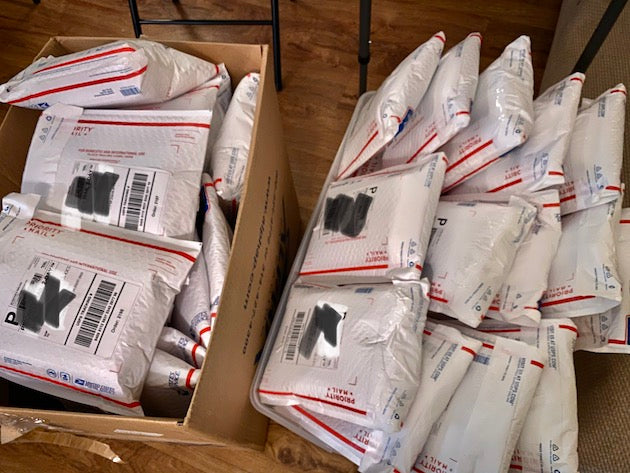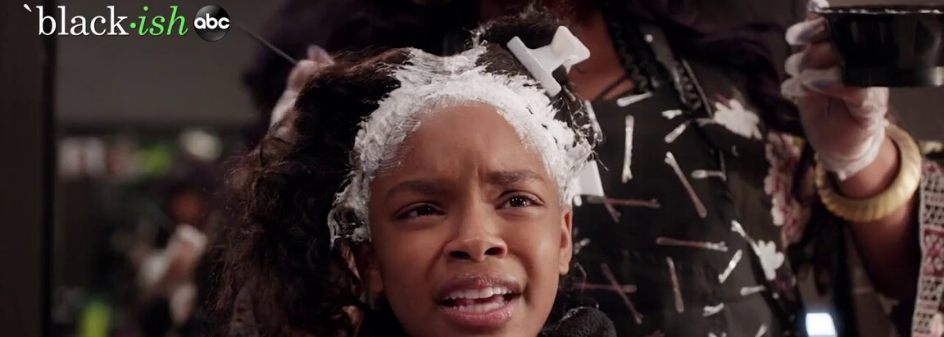Thinning locs can be a distressing experience, but understanding the causes and exploring natural treatments can help you manage and restore the health of your hair. Here, we outline some of the primary causes of thinning locs and offer guidance on how to address them effectively.
Seek Professional Medical Advice
Before exploring treatments, it's essential to identify the underlying cause of hair thinning. We recommend visiting a doctor for a blood test to determine any internal health issues. As a professional stylist with years of experience, Chimere Faulk (owner and founder of Dr Locs) emphasizes the importance of consulting someone who has studied the body comprehensively, as locticians focus primarily on hair.
If your hair is not growing properly, blood work can help identify internal issues that may be affecting your scalp health.
Stress and Lifestyle Factors
Stress is a leading cause of hair loss. Thinning from the scalp can result from stress or medication, and changes in eating habits can exacerbate the problem. If you notice thinning in specific areas, such as the back right-hand corner of the head, stress might be the culprit. Reducing stress can often lead to improved hair growth, many locticians have observed first hand changes in hair health once stress levels decrease.
Medication and Health Conditions
Certain medications, including birth control pills, can contribute to thinning hair. Anemia is another common cause, as low iron levels can weaken hair strands. Increasing iron intake, under the guidance of your doctor, can help strengthen your hair and reduce thinning.
Hair Care and Styling Practices
Tight hairstyles, such as ponytails or styles using rubber bands, can cause thinning locs. Be mindful of how you style your hair and where thinning occurs. When using rubber bands, cut them out instead of sliding them off to avoid damage.
Coloring your locs can also lead to thinning if not done correctly. Over-processing or improper treatment can damage hair, making it crucial to work with a professional loctician who understands coloring and aftercare. Protein treatments and regular maintenance are necessary to maintain hair strength and prevent thinning.
Build-Up and Product Use
Heavy product build-up, such as beeswax, can create extra weight in locs, leading to thinning. Detoxing your locs can help remove build-up. Use the Dr Locs Pre-Cleanse and our gentle Yasin Shampoo or the Rose Lavender Shampoo to cleanse your hair thoroughly. Rinse well to remove any residue and avoid using products that contribute to build-up.
Alopecia and Other Conditions
Alopecia can cause thinning locs, and a blood test can help diagnose this condition. If thinning occurs in the middle of the loc, consider a natural bridge treatment to support hair health without adding unnecessary weight or causing breakage.
Age and Natural Wear
As locs age, thinning at the ends may occur. This is often due to old color treatments or the natural lifecycle of your hair. Thinning in these areas is typically not a cause for concern. You can trim the affected ends and allow your hair to grow out naturally.
Conclusion
Thinning locs can result from various factors, including stress, medication, styling practices, and health conditions. Understanding these causes and taking appropriate steps can help you maintain healthy and strong locs. Consult with professionals, whether medical doctors or skilled locticians, to determine the best approach for your specific situation.
Remember, addressing the root cause of thinning is crucial for long-term hair health. By focusing on internal health and adopting gentle hair care practices, you can support the vitality of your locs.
And dont forget ALL of Dr Locs products are buildup free, both in our original line and color-treated line. Need to get your feet wet first? We also offer trial kits for both lines in case your new to Dr Locs products but aren't ready to commit to the entire line yet.



